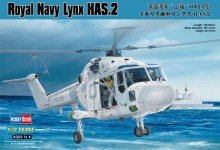-
Załączniki bezpieczeństwa
Załczniki do produktuZałączniki dotyczące bezpieczeństwa produktu zawierają informacje o opakowaniu produktu i mogą dostarczać kluczowych informacji dotyczących bezpieczeństwa konkretnego produktu
-
Informacje o producencie
Informacje o producencieInformacje dotyczące produktu obejmują adres i powiązane dane producenta produktu.Airfix
-
Osoba odpowiedzialna w UE
Osoba odpowiedzialna w UEPodmiot gospodarczy z siedzibą w UE zapewniający zgodność produktu z wymaganymi przepisami.
Airfix 02025V Beagle Basset 206 1/72
Skala 1:72
Plastykowy model do sklejania. Nie zawiera kleju ani farb.
Piękny Beagle B.206 Basset był dwusilnikowym lekkim samolotem transportowym i wojskowym samolotem komunikacyjnym zbudowanym przez Beagle Aircraft Company w bazie w Shoreham i miał potencjał, aby stać się wielkim światowym sukcesem, ale z wielu powodów został zbudowany tylko w stosunkowo niewielkiej liczbie. Dzięki szerokiej kabinie samolotu, która przyciągnęła uwagę RAF, w marcu 1963 roku Basset wziął udział w konkursie fly-off z de Havillandem Devonem, aby ocenić, który samolot będzie następcą czcigodnego Avro Ansona. W służbie RAF-u Beagle B.206R otrzymał oznaczenie Basset CC.1, a pierwsze samoloty trafiły do dywizjonów łączności RAF-u w maju 1965 roku. Napędzane dwoma silnikami Rolls-Royce/Continental GIO-470, te sześciocylindrowe, poziomo przeciwsobne jednostki napędowe zapewniały samolotowi prędkość maksymalną około 220 mil na godzinę i zasięg 1650 mil, przy czym w przestronnej kabinie Basset mógł wygodnie przewozić do ośmiu osób. Jednym z ciekawych zadań przewidzianych dla Basseta w służbie RAF był transport w pełni wyposażonych załóg V-Bomberów pomiędzy lotniskami rozproszonymi w Wielkiej Brytanii. Basset był także używany przez Queen's Flight oraz Empire Test Pilots School i A&AEE w Boscombe Down.
The handsome Beagle B.206 Basset was a twin-engined light executive transport and military communications aircraft built by the Beagle Aircraft Company at their Shoreham base and held the potential of being a huge global success, but for a number of reasons, would only be built in relatively small numbers. With the aircraft's wide cabin capturing the attention of the RAF, the Basset entered a fly-off competition with the de Havilland Devon in March 1963 to assess which aircraft would be the successor to the venerable Avro Anson, with the Basset emerging victorious and attracting an initial order for 20 aircraft. In RAF service, the Beagle B.206R was designated Basset CC.1, with the first aircraft reaching RAF Communications Squadrons during May 1965. Powered by two Rolls-Royce/Continental GIO-470 engines, these six cylinder, horizontally opposed powerplants gave the aircraft a maximum speed of around 220mph and a range of 1,650 miles, with the spacious cabin of the Basset able to carry up to eight people in some comfort. One of the interesting duties intended for the Basset in RAF service was the transportation of fully equipped V-Bomber crews between dispersal airfields around the UK. The Basset would also be used by the Queen's Flight and by both the Empire Test Pilots School and A&AEE at Boscombe Down.









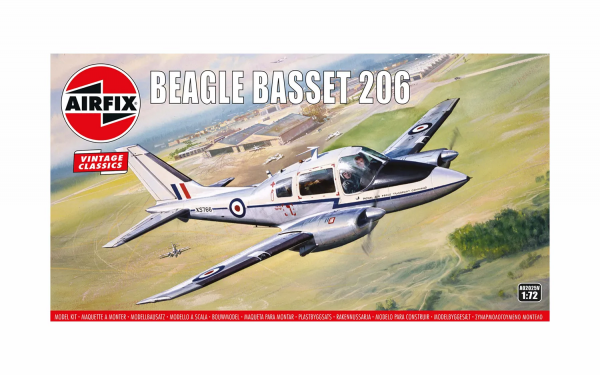
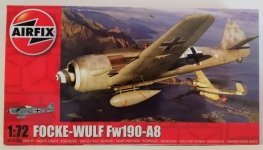
 3 szt.
3 szt.
 10 szt.
10 szt.


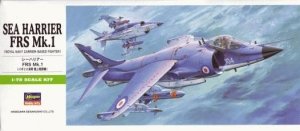
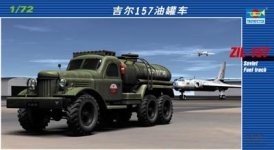
 1 szt.
1 szt.
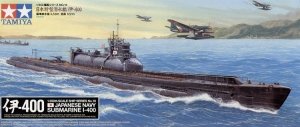

 4 szt.
4 szt.